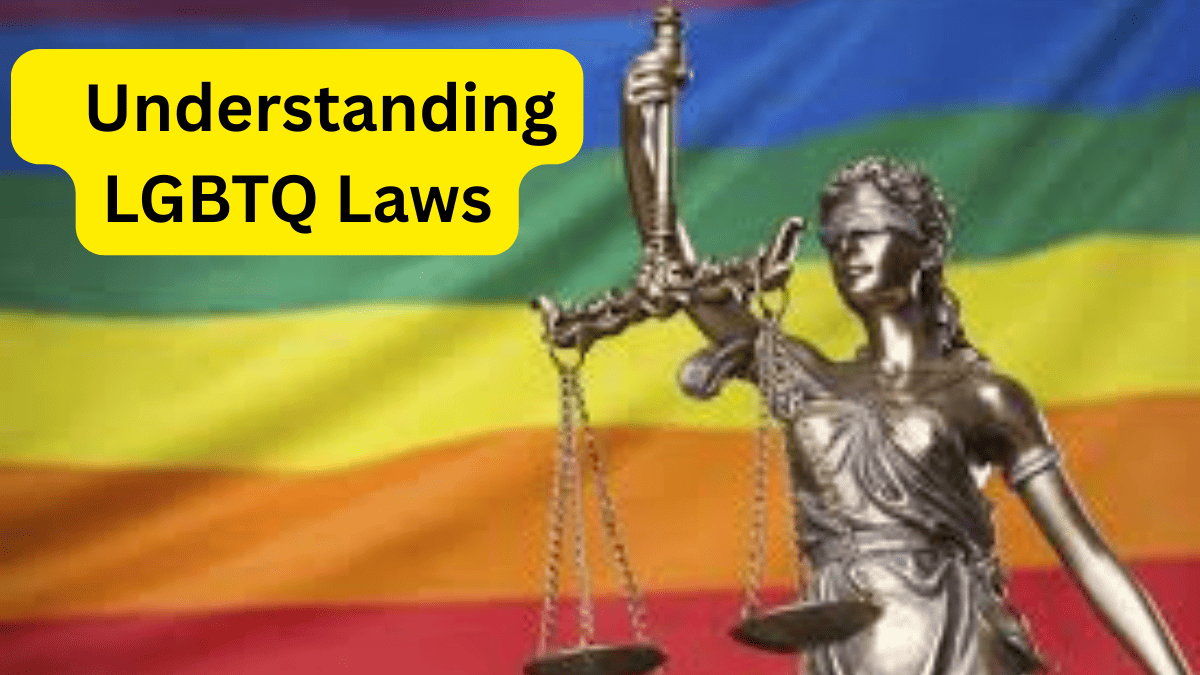Understanding LGBTQ Laws: A Comprehensive Guide to Rights & Protections: (When did homosexuality become legal in the US, U.S. LGBTQ news, LGBTQ rights, LGBTQ rights movement, LGBT USA, Anti LGBTQ laws in Texas, LGBTQ rights news, LGBTQ rights history)
Navigating the landscape of LGBTQ laws can be complex, as they vary significantly by country, state, and locality. This guide provides a clear, authoritative overview of the legal rights, protections, and current challenges facing the LGBTQ community. We break down key legislation, how to check your local protections, and provide resources for further support.
The Current Landscape of LGBTQ Rights
The legal framework for LGBTQ individuals is a patchwork of federal rulings, state statutes, and municipal ordinances. While progress has been made in many areas, significant legal battles and variances in protection still exist.
Federal-Level Protections in the United States
- Marriage Equality: The 2015 Supreme Court ruling in Obergefell v. Hodges legalized same-sex marriage nationwide.
- Hate Crime Laws: The Matthew Shepard and James Byrd, Jr. Hate Crimes Prevention Act (2009) includes crimes motivated by a victim’s sexual orientation or gender identity.
- Employment: The 2020 Supreme Court decision in Bostock v. Clayton County ruled that Title VII of the Civil Rights Act prohibits employment discrimination based on sexual orientation and gender identity.
State and Local Variations
Despite federal rulings, many critical areas are governed by state law, leading to a wide spectrum of protections.
- Non-Discrimination Laws: Some states have comprehensive laws protecting against discrimination in housing, public accommodations, and credit, while others do not.
- Healthcare: Laws regarding insurance coverage for transition-related care, and the ability of providers to refuse care, differ by state.
- Youth and Family Law: Regulations on foster care, adoption, and LGBTQ-inclusive curricula in schools are highly state-specific.
How to Check Your Local LGBTQ Laws and Protections
Knowing your specific rights is crucial. Follow these steps to research the laws that apply to you.
Step 1: Identify Your Jurisdiction
Note your country, state, county, and city. Laws can be different at each level.
Step 2: Consult Authoritative Legal Resources
- National NGOs: Visit websites like Lambda Legal, the Human Rights Campaign (HRC), and the ACLU. They maintain updated state-by-state maps and guides on non-discrimination laws, healthcare, and more.
- State Government Websites: Check your state’s official website for its civil rights or human rights commission, which often outlines protected classes.
Step 3: Seek Local LGBTQ Centers
Local community centers often have the most current information on ordinances and resources in your specific city or county.
Key Areas of LGBTQ Legislation
Understanding the specific domains where laws impact the LGBTQ community is essential.
Identity Document Updates
The process for changing gender markers on birth certificates, driver’s licenses, and passports varies by state and agency. Many states have streamlined this process, though some still have restrictive requirements.
Conversion Therapy Bans
A growing number of states and municipalities have enacted laws protecting minors from the debunked and harmful practice of conversion therapy. However, it remains legal in many places.
A Global Perspective on LGBTQ Rights
Legal recognition and protection for LGBTQ people differ dramatically around the world.
- Progress: Over 30 countries have legalized same-sex marriage. Nations like Canada, Malta, and Germany are often cited for their strong protections.
- Criminalization: Conversely, dozens of countries still criminalize consensual same-sex relations, with a handful imposing the death penalty.
Important Dates and Legal Deadlines
Staying informed on legislative sessions and court dates is key to advocacy.
- Pride Month (June): Often a period of heightened legislative activity and awareness.
- State Legislative Sessions: Most run from January to Spring/Summer. This is when new bills are introduced and voted on. Check your state legislature’s calendar for exact dates.
- Election Days: Local, state, and federal elections have immense consequences for the appointment of judges and the passing of new laws. Register to vote and participate.
Frequently Asked Questions (FAQ)
Q1: Is it legal to fire someone for being gay or transgender in the U.S.?
A: Following the 2020 Bostock Supreme Court decision, firing an employee for being gay or transgender is a violation of federal law. However, the application of this ruling to other areas like housing is still being litigated.
Q2: What should I do if I experience discrimination?
A: Document everything. Then, contact an organization like Lambda Legal or the ACLU for legal guidance. You can also file a complaint with the federal Equal Employment Opportunity Commission (EEOC) or your state’s civil rights agency.
Q3: How can I update my gender marker on my passport?
A: The U.S. State Department now allows individuals to self-select their gender marker (M, F, or X) without requiring medical documentation. You simply need to complete the relevant passport application.
Q4: Are there laws protecting LGBTQ students in schools?
A: Title IX prohibits discrimination based on sex in education, which the Biden administration has interpreted to include sexual orientation and gender identity. This is a developing area of law, and policies can vary by school district.
